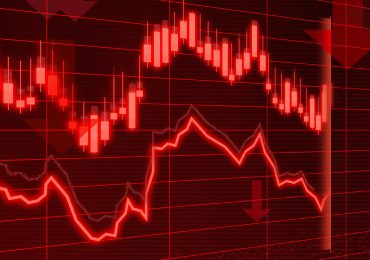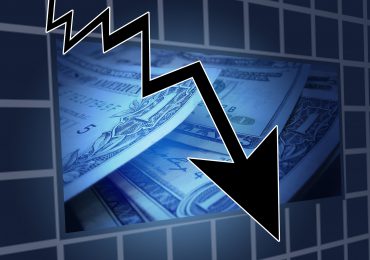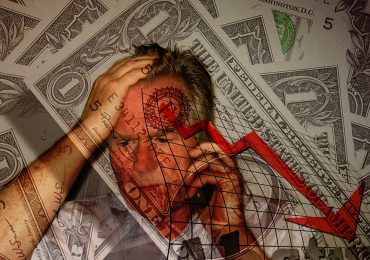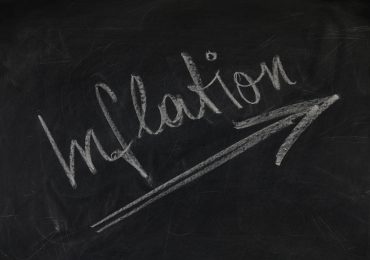In a podcast on the Knowledge@Wharton radio show, finance professor Jeremy Siegel shared insights on the markets and the key drivers for change in sentiment. On a macro level, Siegel recommended that long-term investors “not panic at the stock market’s recent dips,” and predicted that equities would be “either flat or up by as much as 10% for all of 2018.”
Here are some highlights:
Siegel sees recent corrections as normal, adding, “I thought the market was getting a little ahead of itself,” and noting that higher interest rates will present a challenge. Regarding the trade situation, he said, “If we get a resolution before year-end of the Chinese situation, we could easily have a 10%, 15% pop in the market.”
On the Fed’s planned rate hike schedule for 2019, Siegel said that waiting to implement rate hikes until inflation bumps to 2.5% or more might be “too late.” He said that the Fed and economists alike have been surprised by how low unemployment rates have fallen “without sparking significant wage increases.”
Volatility has increased, according to Seigel, because “when you have a big downward break, it follows with further volatility.”
When asked if there is a way to predict the stock market’s movements in the coming weeks and months, Seigel said, “Predicting the short run of the stock market, it’s a crapshoot.” If you’re right half the time, Siegel contends, “you’re a genius.” He argued that if investors follow the market every day, they get “wrapped up in the prevailing psychology,” becoming optimistic in a rising market. Alternatively, during a selloff many investors will assume that everything is terrible and won’t want to enter the market. “But we all know intellectually,” he said, “the best time to get out is when everyone is excited and there are no problems. And when you want to get in is when everyone throws in the towel and says, ‘Hey, things are just terrible.’ ”
The dynamics of the U.S. economy right now are “up and down,” according to Seigel. “We have not abolished recessions, we could have a recession, the indicators say it is going to be one and a half to two years out, and we could have some decent gains in the stock market coming forward.”








